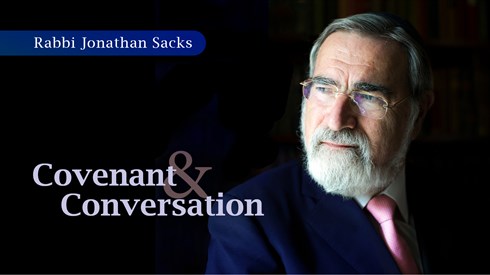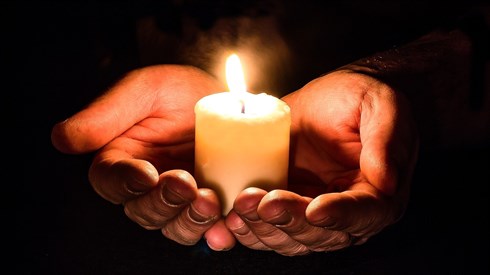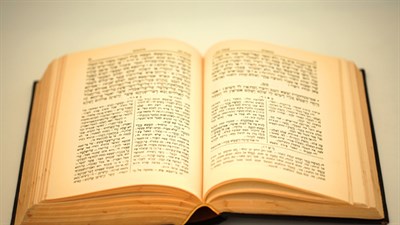articles on Bo

The Story We Tell About Ourselves
A Shiur by Rabbi Jonathan Sacks for the weekly portion "Bo".

A Mighty Hand and an Outstretched Arm
A Shiur by Rabbi Zalman Baruch Melamed for the weekly portion "Bo".

Why Jewish Holidays Are Celebrated Differently In Israel & Diaspora?
A short video connecting the Parasha to the land of Israel.

National Light through the Darkness
Where was there light for Bnei Yisrael and for what purpose was it stressed? After all, Bnei Yisrael were spared the horrors of all of the plagues.
Lessons on Bo
Free Will and Human Nature
Rabbi Moshe Leib Halberstadt | 5 Shvat 5786

Parashat Hashavua: Rachel, Leah, and King David – What Happened?
Rabbi Yossef Carmel | Shevat 5786

PROTEKTZIA OR A BANANA REPUBLIC
Even in "Fiddler on the Roof" they mention that we wear the right shoe before the left, but why? Rav Kook's novel explanation surprisingly relates also to the danger of the Radical Progressive movement which sometimes intentionally blurs even that which should be clear, and even summarizes the laws which "lefties" do different than "righties", and when they do the same. Rav Kook's innovative mixture of halacha, kabbala and philosophy is especially interesting on this topic. BTW, there's an interesting halacha innovated by Rav Kook here which many don't realize (or intentionally omit) that he is the source!
Rabbi Ari Shvat | Shevat 5786
Redemption Depends on the Kids
Rabbi Hillel Mertzbach | 2 Shvat 5785

HAMAS REINTRODUCED THEMSELVES & OURSLEVES
Rabbi Ari Shvat | Shevat 5758 1

Parashat Hashavua: A Look Beyond Time and Space
Rabbi Yossef Carmel | Tevet 5785

Beating the Concept of the Firstborn
Rabbi Haggai Lundin | 11 Shvat 5784








